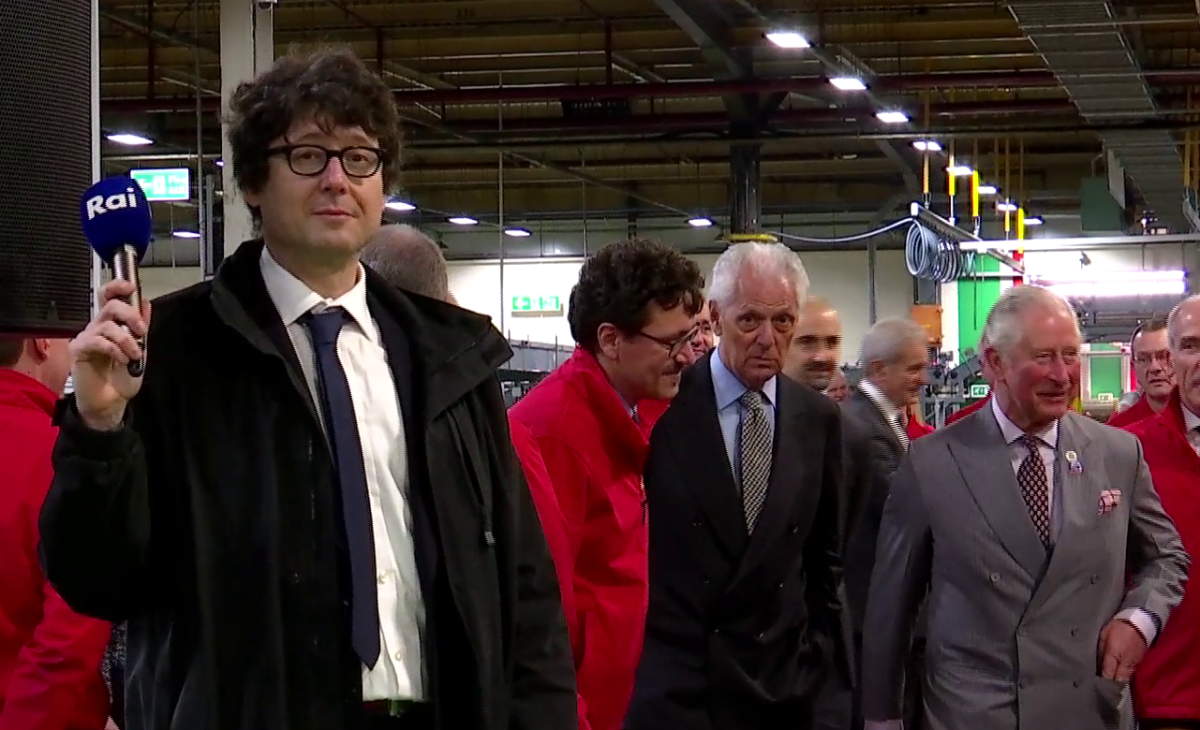Month: December 2013
Ancora sullo spettacolo della società
62. La falsa scelta nel campo dell’abbondanza spettacolare, scelta che risiede nella giustapposizione di spettacoli concorrenziali e solidali, come nella sovrapposizione dei ruoli (principalmente significati e veicolati da oggetti), che sono contemporaneamente esclusivi e ramificati, si sviluppa in lotte di qualità fantomatiche, destinate ad appassionare l’adesione alla trivialità quantitativa. Così rinascono le false opposizioni arcaiche dei regionalismi o dei razzismi incaricati di trasfigurare in superiorità ontologica fantastica la volgarità delle posizioni gerarchiche nel consumo. Così si ricompone l’interminabile serie dei contrasti derisori, che mobilitano un interesse sottoludico, dallo sport alle elezioni. Laddove ha preso possesso il consumo abbondante, emerge un’opposizione spettacolare principale fra la gioventù e gli adulti; perché non esiste da nessuna parte l’adulto, padrone della propria vita, e la gioventù, la trasformazione di ciò che esiste, non è affatto appannaggio degli uomini che oggi sono giovani, ma del sistema economico, del dinamismo del capitalismo. Queste sono le cose che dominano e che son giovani: che sostituiscono se stesse.
Guy Debord, La società dello spettacolo, traduzione di Paolo Salvadori, Vallecchi, Firenze, 1979.
In altre parole: Dalla serie A a X Factor, dai dilemmi fra iOs e Android, Coca e Pepsi, Lady Gaga e Miley Cyrus (che, come ha detto stupendamente la mia amica Sara, dopo il martello avrebbe dovuto leccare anche la falce), fra il “giovane” Renzi e il “vecchio” Napolitano e così via all’infinito… Non siamo – questi – noi, oggi? Toltoci questo, cosa rimane? Il dolore del lavoro, del consumo, della morte?
Lo spettacolo della società
Dance on a volcano (thanks to Phil Collins)
In Italy the mood is extremely tense. Thousands of people had yet again taken to the streets, venting their anger, menacing to occupy the institutions. They are called the “pitchfork” protesters, a quickly-coined name which makes you think of some kind of mediaeval rebellion of peasants. But if you take a closer look you realise that, yes, there are some farmers in there, but the composition of these vast numbers of people that have taken to the streets is way more varied. So, who are they? They’re unemployed, small entrepreneurs on the brink of bankruptcy or already bankrupt, truck and cab drivers – the first, these, to start the protest – and many more representatives of the by now generalised condition of “precariat”. In a word, these are the protagonists, or rather the victims, of a generalised increasing proletarianisation of lower-middle to middle class strata that five years of recession are pushing relentlessly into poverty.
These are the classical historical preconditions for some kind of right wing authoritarianism to take over. The signs are there. A lot of these people had been flanked by fascist or para fascist football supporters who have turned the protest into violence. The populist leader Beppe Grillo has invited the police to show their solidarity to the protesters, spreading a palpable sense of panic among institutions and the media. Panic which materialised all too clearly when a policeman took off his helmet, a gesture that openly shows a symbolic way of reaching out to those whose protest he was supposed to stop and possibly suppress. This is also taking place while there is a widespread delegitimisation of the traditional foundation of liberal democracy, based on the party system.
None of the three major protagonists of Italian politics, Berlusconi, Grillo and Renzi, has a seat in Parliament. Those who actually are in Parliament, are completely mistrusted and resented by the general public. The government led by Letta, in a widely despised coalition with the now in tatters Berlusconi party, is a “dead institution walking”. The election of Renzi who is a youthful but quite shallow-sounding harbinger of blairism twenty odd years late, has pretty much signified the end of the major party of the centre-left as we knew it. While his rise to the leadership of the centre left has increasingly fractured and fragmented the PD, it is not really clear how his proposed modernisation, which basically amounts to push even further liberalisation of the economy and the shrinking of the state in order to better accommodate the needs of the market, will be able to rescue this resentful “reserve army” of discontent, who are seemingly ready to attack the institutions.
The situation, in a word, is serious and the risk of some kind of authoritarian development is on the cards. “Italians are not able to rebel” was an often-heard adagio by commentators. Up to a few years ago, maybe, when the postindustrial Western european model that Italy had embraced without having the right numbers to do so seemed to guarantee against any sort of real social revolt. The tragedy is that this still seems true for those on the Left, while the populist Right has always proved more effective to turn desperation into action. As it is clearly doing now.
maledetta città
Torte, mogli, botti
Cameron come Balestrini: vuole tutto.




